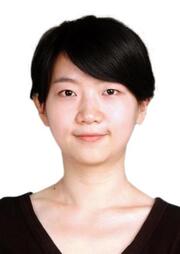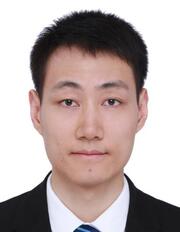Special Session IV
"Advancements of Microgrids for Sustainable Energy Systems"
To address the increasing energy demand and fulfill the climate pledge, microgrid technology has experienced significant advancements in recent decades. Varying in its applications, the capacity of a microgrid may range from kilowatts to megawatts, with architectures that may be DC, AC or hybrid AC/DC. Moreover, the setup of generation and consumption further adds to the complicity of a microgrid, where diverse power sources (wind turbines, solar panels, diesel generators, etc.), load demands (house lighting and heating, vehicle chargers, etc.) and energy storages (batteries, flywheels, ultracapacitors, etc.) are simultaneously incorporated. Arranged as either a single unit or in clusters, stable, resilient and economical operation are fundamental requirements that demand optimal control and management, especially given the complicity of a microgrid in conjunction with power systems. In this context, emerging concepts based on communication and data science, such as internet of things (IoT) and artificial intelligence (AI), have been considered in the microgrid-related cutting-edge research. This special session aims to showcase the latest advancements in the planning, optimization and control of microgrids for sustainable energy systems.
Submission Method
Please submit your paper via https://www.zmeeting.org/submission/pset2026. Please make sure you've registered an account first.
Topics:
Organizers
 |
Prof. Josep M. Guerrero, University of Valladolid, Spain |
 |
Assoc. Prof. Yajuan Guan, Aalborg University, Denmark |
 |
Dr. Yun Yu, Aalborg University, Denmark |
 |
Dr. Wenfa Kang, Aalborg University, Denmark |
